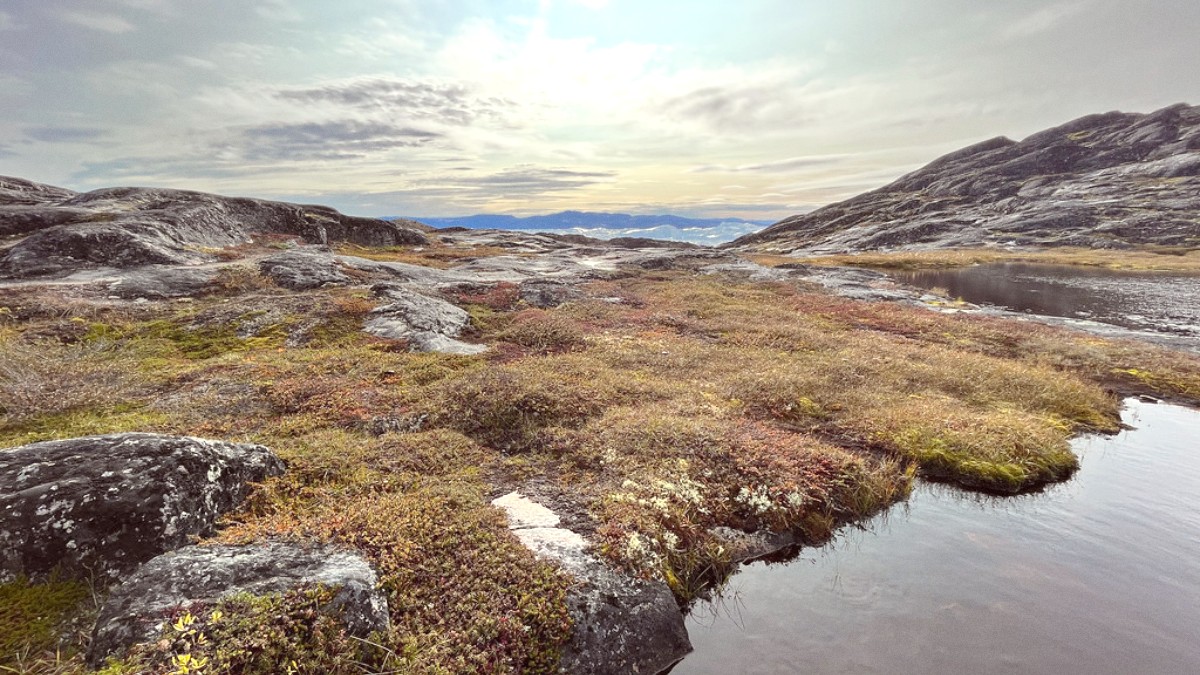
Greenland
Ilulissat Icefjord, an UNESCO World Heritage site, has strict regulations for preservation and research.
Recycling infrastructure is limited. Minimize waste and dispose of items properly.
Water is abundant, but using it responsibly is important. Avoid unnecessary waste.
Your travel choices make a positive impact on sustainability.
Some hotels and tour operators prioritize sustainable practices. Seek out those committed to responsible tourism.
Minimize your visit's environmental footprint by adopting mindful habits.
Travel to Greenland involves air travel. Consider offsetting flight emissions.
Limited recycling infrastructure means visitors must minimize waste and dispose of items properly.
Choose outdoor gear from environmentally responsible brands.
Patagonia for sustainable outdoor gearSupport organizations working to protect natural habitats.
The Rainforest Site supports conservationYour actions greatly determine the preservation of Greenland's fragile Arctic environment and unique culture.
Interacting respectfully and supporting local economy enriches your journey and community.
Respectful interaction preserves local heritage and enhances your travel experience.
Your choices as a traveler make a positive economic benefit for local communities.
Support traditional craftsmanship and local livelihoods through fair trade.
Certain practices should be avoided to ensure ethical travel.
If you want to contribute, seek out established local community projects or funds.
Support initiatives directly benefiting residents.
Donate to groups dedicated to preserving Greenland's nature.
Funds supporting traditional customs and heritage are valuable.
Pack out everything you pack in. The Arctic environment is fragile, and waste management is a challenge.
Direct communication with local providers gives the most accurate assessment of sustainable practices.